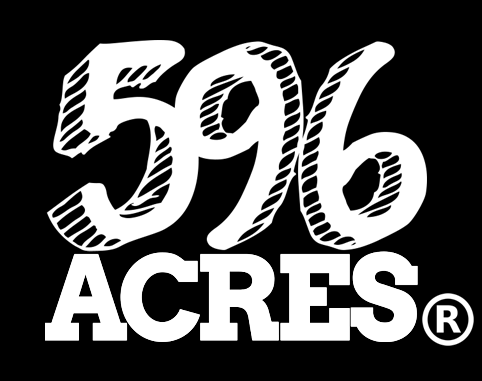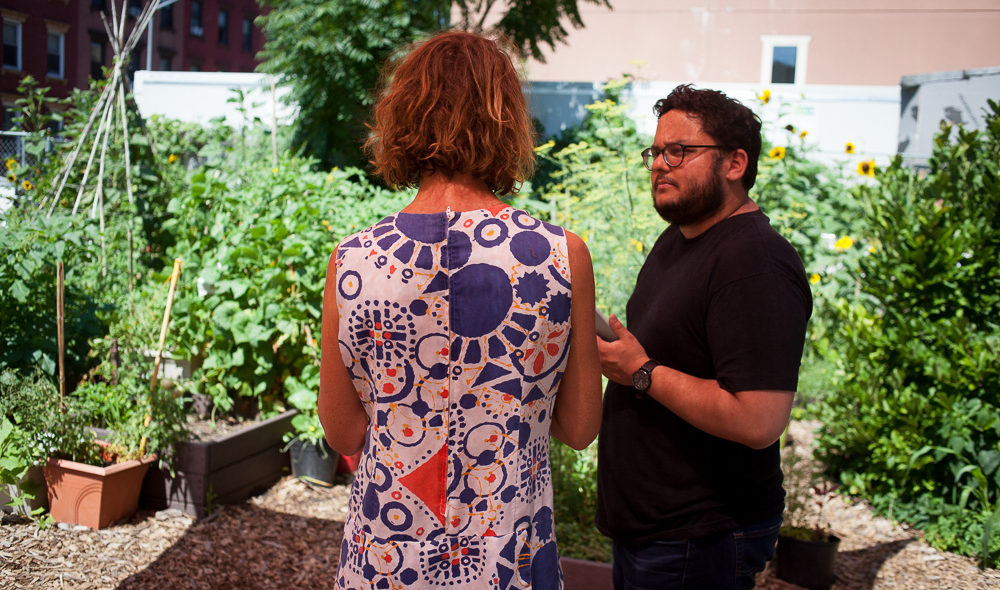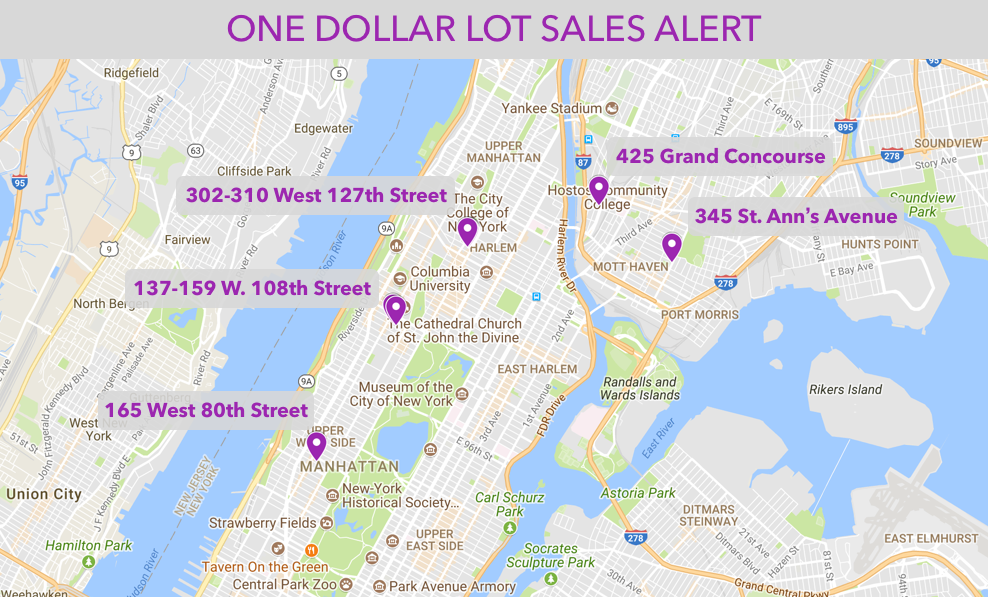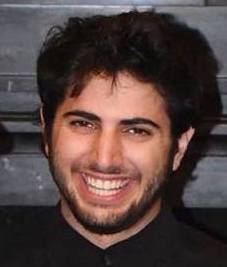This summer I am trying to visit each and every one of the spaces that 596 Acres has helped create in New York City. I want to meet the communities around them and learn as much as I can about the spaces’ impacts on the surrounding neighbourhoods.
So far, I have learned that these spaces are not only wonderful examples of how to build community and connections within different neighbourhoods, they are also key for inducing further changes in communities that are struggling throughout the city.
The process of transforming these pieces of land is in itself a political statement. The reappropriation of public assets is behind everything that goes on in these spaces and the people using them are aware of the constant struggle to keep the land accessible and public. These spaces are also platform for further political debate and action. Gardens work as a learning spaces for both children and adults, neighbours learn to share, to help one another and to improve their communities in a healthy and responsible way. Every single person I’ve talked to has remarked upon how they would have never met their neighbors before these spaces were available. Maintaining these spaces requires team work and this has been crucial towards building meaningful connections.
When it comes to real estate speculation and the ramifications of gentrification; these spaces allow neighborhoods to resist; they provide a place where people can start to organise and take specific actions directed at either City policy or specific developments in their local areas. These are public, accessible, open-for-all spaces where the community is in control and in charge. While space and land are constantly being privatised within the normative development logic of the City today, these are places that guide residents to rethink the way public land should be managed.
As I continue on my visits, I keep trying to challenge different definitions of ‘public land’ and ‘property.’ The stories behind the gardens are a strong and compelling testament to how we need to protect them and keep fighting for our right to public land.
Francisco Miranda, Summer 2016 Intern
Francisco moved to New York from Lima, Perú, one year ago. He is an attorney and has previously practiced law in different law firms as well as in the mining and real estate/construction sector. In fall 2015 Francisco started an MA program in Theories of Urban Research and Practice at Parsons The New School For Design. He is interested in urban themes that relate to public space, urban displacement, gentrification, property tax policies and the right to housing.

Ten Neighbors Community Garden (photo by Francisco Miranda)

GreenSpace on 4th (photo by Francisco Miranda)







